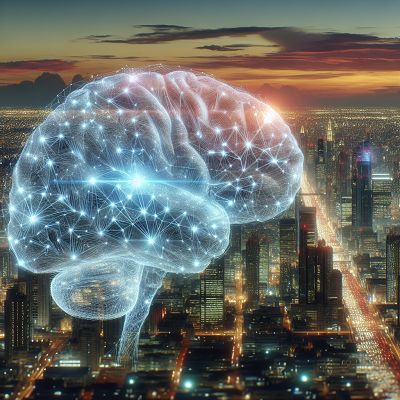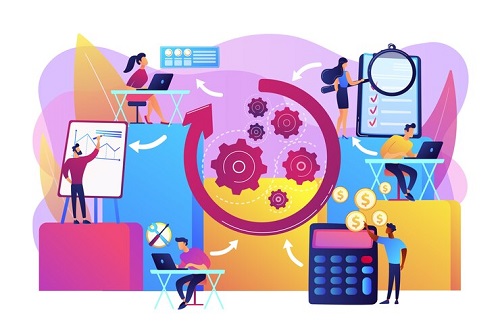In the rapidly evolving landscape of technology, deep learning stands as a towering achievement, reshaping industries and touching the lives of millions. This subset of artificial intelligence (AI) mimics the workings of the human brain in processing data for decision-making. Its significance cannot be overstated, as it propels machines beyond mere programmed instructions to a realm where they can learn and adapt. The evolution of deep learning has been meteoric, with its roots in neural networks now expanding into a myriad of applications across various sectors.
Revolutionizing Image and Speech Recognition
Deep learning has dramatically enhanced the capabilities of machines in recognizing images and understanding spoken words, two areas where traditional algorithms struggled.
- Image Recognition: From unlocking your phone with a glance to tagging friends in social media photos, deep learning algorithms have significantly improved the accuracy and efficiency of image recognition systems. These advancements are not just for convenience; they play a crucial role in security systems, medical imaging, and even wildlife conservation.
- Speech Recognition: The virtual assistants in our homes and smartphones—like Siri, Alexa, and Google Assistant—owe their understanding of human speech to deep learning. This technology has also transformed customer service, with bots now capable of handling complex queries, reducing wait times, and improving user experiences.
Transforming Healthcare
Deep learning is at the forefront of a healthcare revolution, offering hope for more accurate diagnoses and personalized treatment plans.
- Disease Diagnosis: By analyzing medical images, deep learning models can identify patterns invisible to the human eye, aiding in the early detection of diseases such as cancer.
- Drug Discovery and Personalized Medicine: From speeding up the drug discovery process to tailoring treatments to individual genetic profiles, deep learning is making healthcare more precise and effective.
Enhancing Autonomous Vehicles
The dream of fully autonomous vehicles is inching closer to reality, thanks in large part to deep learning.
- Real-time Data Processing: Deep learning algorithms process vast amounts of data from sensors and cameras in real-time, enabling self-driving cars to make split-second decisions and navigate complex environments.
- Safety and Efficiency: By learning from vast datasets of driving scenarios, deep learning improves the safety and efficiency of autonomous vehicles, promising to reduce accidents and transform transportation.
Advancing Natural Language Processing (NLP)
Deep learning has broken new ground in NLP, enhancing the way machines understand and generate human language.
- Machine Translation and Sentiment Analysis: From real-time translation services to analyzing customer feedback on social media, deep learning has made significant strides in breaking down language barriers and understanding human emotions.
- Chatbots: Sophisticated AI chatbots, powered by deep learning, are revolutionizing customer service and online interactions, providing responses that are more accurate and human-like.
Revolutionizing Finance
The finance sector is reaping the benefits of deep learning in managing risks, detecting fraud, and personalizing services.
- Fraud Detection: By analyzing patterns in transaction data, deep learning models can identify fraudulent activities with unprecedented accuracy, protecting consumers and financial institutions alike.
- Algorithmic Trading and Personalized Banking: From enhancing algorithmic trading strategies to offering personalized banking advice, deep learning is making financial services more efficient and customer-friendly.
The Future of Deep Learning
As we look to the future, the potential applications of deep learning seem limitless, from revolutionizing education to advancing space exploration. However, with great power comes great responsibility. The development of deep learning must be guided by ethical considerations, ensuring that AI benefits humanity without compromising privacy or autonomy.
Deep learning is not just a technological marvel; it’s a catalyst for positive change, making the world safer, healthier, and more connected. As we continue to unlock its potential, we stand on the brink of a future where AI and human ingenuity combine to solve some of the world’s most pressing challenges.



